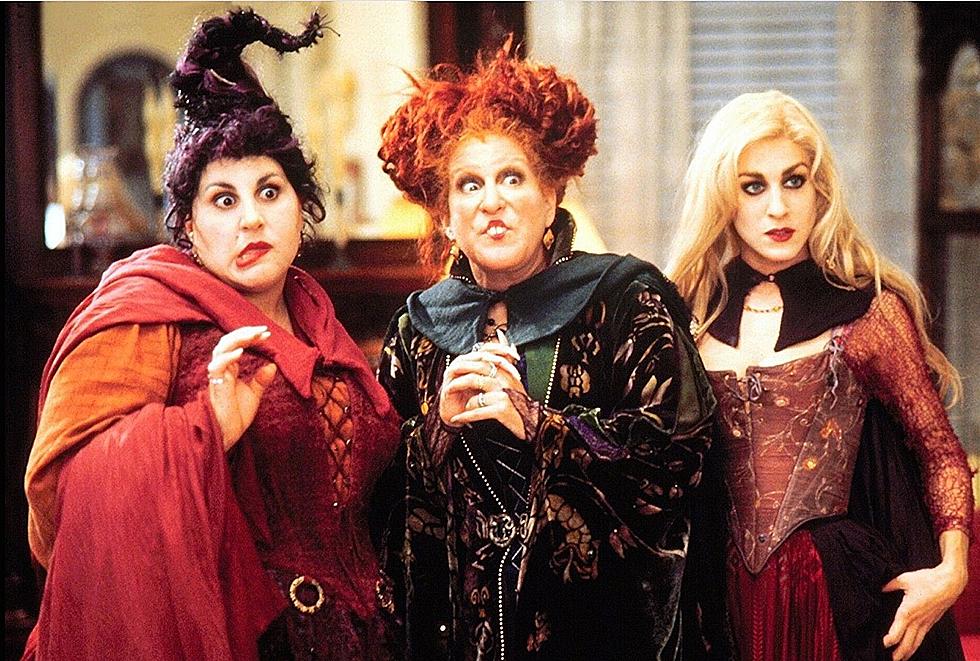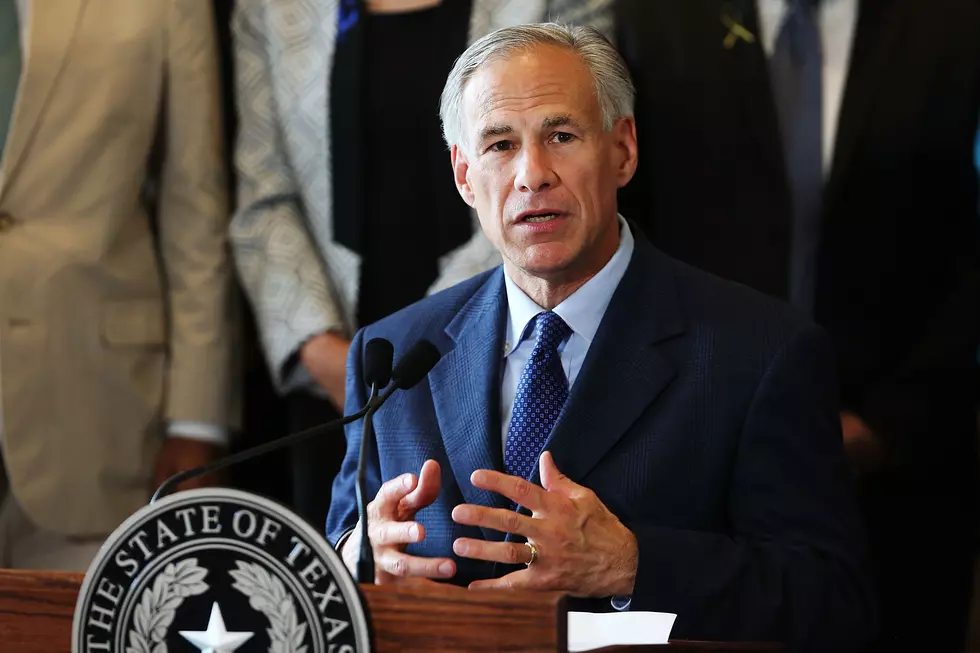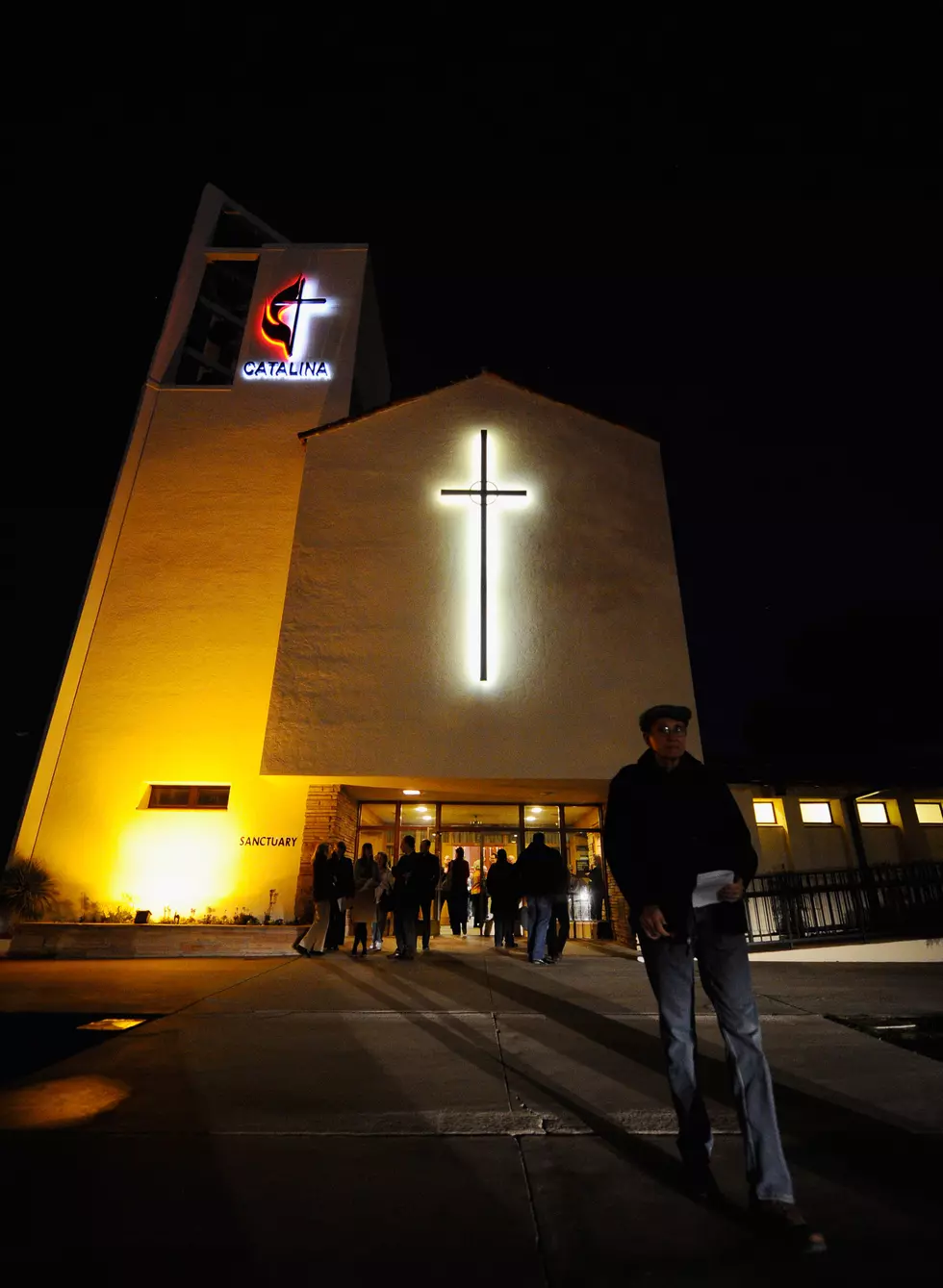
Chad’s Morning Brief: Gay Rights Activists Say Marriage is Just the Beginning, Rand Paul Wants the Government Out of Marriage, and Other Top Stories
Here is Your Morning Brief for June 30, 2015.
Only the Beginning
On Monday, gay rights activists rallied outside the Capitol building in Austin. Their message according to the Texas Tribune is that marriage laws are just the beginning.
But on Monday, national and state gay rights leaders and the plaintiffs who sued for marriage equality convened in front of the Texas Capitol to make a different kind of vow: The fight for lesbian, gay, bisexual and transgender people is not over. The next frontier, they said, is pushing for more protections against discrimination in areas including employment and housing.
“In many states, including my home state of Ohio and right here in Texas, you can get married but then suffer consequences,” said Jim Obergefell, the lead plaintiff in the landmark case that legalized same-sex marriage. “You can get married and then lose your job, lose your home and so much more because we are not guaranteed nondiscrimination protections. … Friday’s historic ruling is a victory, but it’s just the beginning.”
Obergefell was joined Monday by a coalition of from the Human Rights Campaign, a prominent LGBT civil rights organization; Democratic state Rep. Celia Israel of Austin; Equality Texas; two same-sex couples who filed suit over Texas’ same-sex marriage ban; and others who announced that they would be part of a statewide campaign for nondiscrimination protections.
Their announcement came a day after Texas Attorney General Ken Paxton issued a written opinion that county clerks in Texas who have religious objections to same-sex marriage can opt out of issuing such licenses, though they should be prepared to face fines or legal challenges.
Texas is a huge part of a national strategy to pursue nondiscrimination ordinances because it’s the largest state in the country that offers no statewide protections for LGBT residents, Equality Texas executive director Chuck Smith said Monday.
Democratic proposals for statewide nondiscrimination laws have been non-starters in the Republican-controlled Legislature, where conservatives have tried to override local ordinances. Among opponents of the nondiscrimination ordinances are Lt. Gov. Dan Patrick and Gov. Greg Abbott, who as the former state attorney general said such ordinances violate freedom of speech and religion.
This has left Texas with a patchwork of local protections against discrimination in employment, housing and other public areas like buses and restaurants.
At least nine Texas cities with a population of more than 100,000 have passed some nondiscrimination rules or legislation.
Remember, the laws that have been passed in some Texas cities deal with much more than just hiring and firing. We are talking about religious issues with bakers and photographers. And as we have seen in other cities, laws that allow men who believe they are women to use the bathroom of their choice and the owner of the business can't say a word.
Rand Paul and Gay Marriage
Rand Paul isn't happy with the Supreme Court's ruling on gay marriage and he also isn't happy that marriage is even a federal issue. Paul wrote a piece for TIME calling for the federal government to get out of the marriage business completely.
The Constitution is silent on the question of marriage because marriage has always been a local issue. Our founding fathers went to the local courthouse to be married, not to Washington, D.C.
I’ve often said I don’t want my guns or my marriage registered in Washington.
Those who disagree with the recent Supreme Court ruling argue that the court should not overturn the will of legislative majorities. Those who favor the Supreme Court ruling argue that the 14th Amendment protects rights from legislative majorities.
Do consenting adults have a right to contract with other consenting adults? Supporters of the Supreme Court’s decision argue yes but they argue no when it comes to economic liberties, like contracts regarding wages.
It seems some rights are more equal than others.
Marriage, though a contract, is also more than just a simple contract.
I acknowledge the right to contract in all economic and personal spheres, but that doesn’t mean there isn’t a danger that a government that involves itself in every nook and cranny of our lives won’t now enforce definitions that conflict with sincerely felt religious convictions of others.
Some have argued that the Supreme Court’s ruling will now involve the police power of the state in churches, church schools, church hospitals.
This may well become the next step, and I for one will stand ready to resist any intrusion of government into the religious sphere.
Justice Clarence Thomas is correct in his dissent when he says: “In the American legal tradition, liberty has long been understood as individual freedom from governmental action, not as a right to a particular governmental entitlement.”
The government should not prevent people from making contracts but that does not mean that the government must confer a special imprimatur upon a new definition of marriage.
Perhaps the time has come to examine whether or not governmental recognition of marriage is a good idea, for either party.
For years now I have supported the idea that the federal government get out of the marriage business. The feds could offer civil unions and contracts, but it should be up to a church to perform the actual wedding. Marriage is a religious term and should be left to religious community.
Will it ever happen? No.
Other Must Read Links:
These and many more topics coming up on today’s edition of The Chad Hasty Show. Tune in mornings 8:30-11am on News/Talk 790 KFYO, streaming online at kfyo.com, and now on your iPhone and Android device with the radioPup App. All guest interviews can be heard on our KFYO YouTube page after the show and online at kfyo.com.
More From News/Talk 95.1 & 790 KFYO





![Do You Carry Your Firearm At Church? [POLL]](http://townsquare.media/site/192/files/2017/02/Pistol-Carry-HCL-Getty-images.jpg?w=980&q=75)



